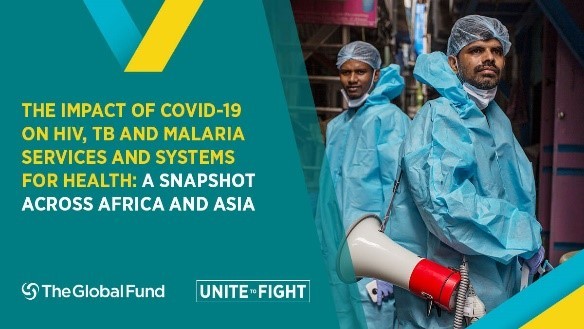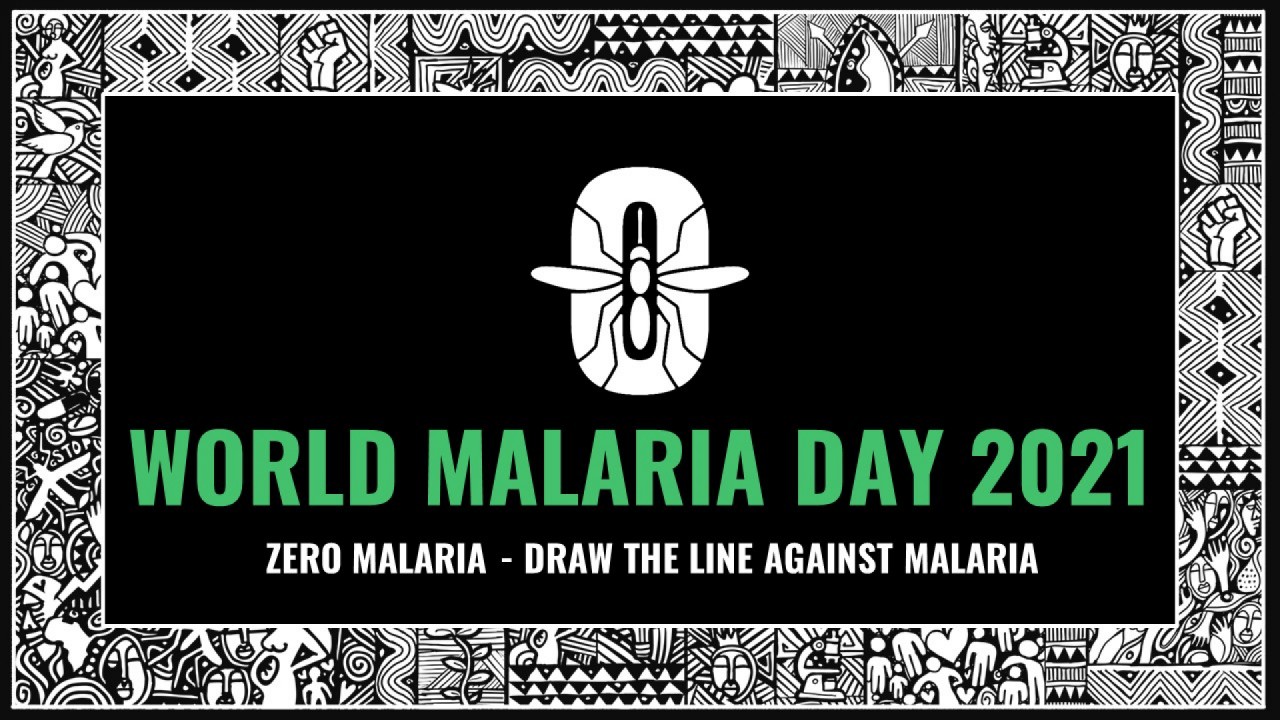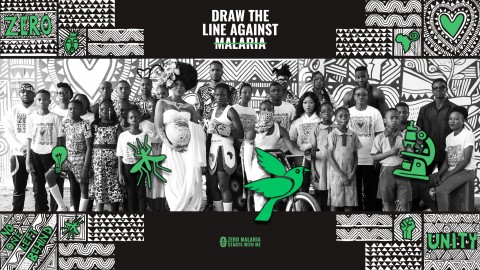2025 Year in Review
In 2025, science, innovation, and collaboration came together to deliver real impact for people and…
 According to a new report by the Global Fund to Fight AIDS, Tuberculosis and Malaria, COVID-19 has massively disrupted health systems and health service delivery for HIV, TB and malaria in low- and middle-income countries in Africa and Asia in 2020. The Global Fund has already disbursed nearly US$1 billion to fight COVID-19 and mitigate the impact on HIV, TB and malaria in more than 100 countries. However, this is woefully inadequate as an additional $10 billion is needed to regain lost progress against HIV, TB and malaria.
According to a new report by the Global Fund to Fight AIDS, Tuberculosis and Malaria, COVID-19 has massively disrupted health systems and health service delivery for HIV, TB and malaria in low- and middle-income countries in Africa and Asia in 2020. The Global Fund has already disbursed nearly US$1 billion to fight COVID-19 and mitigate the impact on HIV, TB and malaria in more than 100 countries. However, this is woefully inadequate as an additional $10 billion is needed to regain lost progress against HIV, TB and malaria.
“In most low- and middle-income countries, the crisis is far from over, with infections and deaths from COVID-19 continuing to increase, and the knock-on impact on HIV, TB and malaria continuing to escalate ” said Peter Sands, Executive Director of the Global Fund. “To regain the ground lost on the three epidemics in 2020 and to step up the fight against COVID-19, we have to massively scale up adaptation programs, increase access to COVID-19 tools, and shore up systems for health so they don’t collapse.”
Through programmatic spot-checks recording information from 502 health facilities in 32 countries in Africa and Asia between April and September 2020, the Global Fund has analyzed that malaria diagnoses fell by 31%. Already, more than 90% of all malaria cases come from Africa with children under 5 being the most vulnerable. So, the reduction in diagnoses is not a sign of victory but of fear. More people are refusing to go to the hospitals to get diagnosed for fear of contracting or testing positive for COVID-19. The global coronavirus pandemic has complicated matters as all healthcare resources are spent in responding to it and this has affected the availability of resources for managing other diseases.
 Every year on April 25, the world commemorates World Malaria Day in a bid to rally support for the fight against this deadly, preventable and treatable disease. Until 2020, a lot of gains had been made and many analysts were hopeful that if the trend continued, we could win the fight by 2030. Recently, we are seeing retrogression instead of progression. On World Malaria Day we mark successes in the fight against malaria, highlight the responsibility we all have to end malaria within a generation and urge leaders to step up the fight and get us closer to a malaria-free world. Over the past two decades we have made great progress in the malaria fight, saving more than 7 million lives and preventing over 1 billion malaria cases.
Every year on April 25, the world commemorates World Malaria Day in a bid to rally support for the fight against this deadly, preventable and treatable disease. Until 2020, a lot of gains had been made and many analysts were hopeful that if the trend continued, we could win the fight by 2030. Recently, we are seeing retrogression instead of progression. On World Malaria Day we mark successes in the fight against malaria, highlight the responsibility we all have to end malaria within a generation and urge leaders to step up the fight and get us closer to a malaria-free world. Over the past two decades we have made great progress in the malaria fight, saving more than 7 million lives and preventing over 1 billion malaria cases.
World Malaria Day 2021 will unify and build on the ‘Zero Malaria Starts with Me’ movement and the ‘Draw the Line Against Malaria’ youth focused campaign. This year’s theme, “Zero Malaria – Draw the Line Against Malaria”, will explore and connect malaria elimination and malaria in high-burden settings. The objectives for this year’s World Malaria Day are:
• Highlight the successes of countries in the malaria fight.
• Inspire a new group of countries that have the potential to eliminate the disease by 2025.
• Demonstrate that zero malaria is within reach for all countries.
As part of our contract with Target Malaria, I am proud to be part of the campaign we are implementing for the Target Malaria teams: “Young Scientists Draw the Line Against Malaria”.
Join us in marking the day include:
• Draw the Line Against Malaria on zeromalaria.org;
• Follow the hashtag #WorldMalariaDay
• Follow Target Malaria’s Twitter account: @TargetMalaria
• Join us on social media using RBM’s social media toolkit;
Let’s Draw the Line Against Malaria for a healthier and stronger world.
